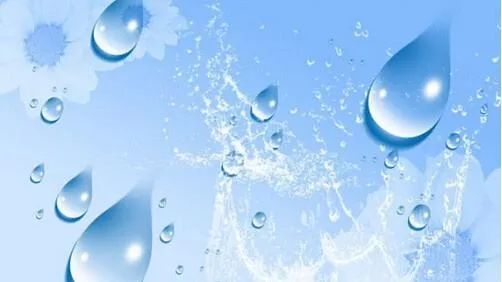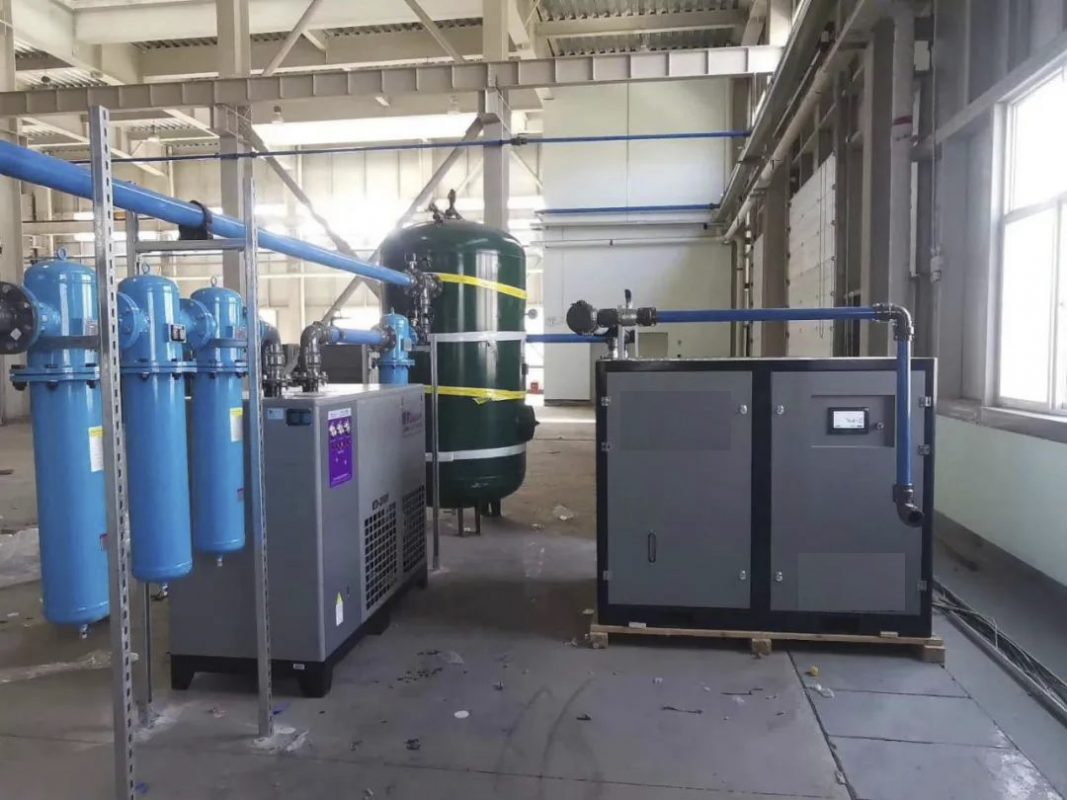The humidity of the air changes with the change of the air state. When the air is compressed, its temperature rises and the relative humidity decreases; when the compressed air expands and the temperature of the air drops, its relative humidity increases, and there will usually be Moisture is released. So, what effect does air humidity have on air compressors?

First of all, we have to understand the concept of “humidity”. Humidity is a physical quantity that expresses the degree of dryness and wetness of the air. Generally speaking, it reflects the amount or percentage of water in the air. Humidity is divided into absolute humidity and relative humidity. What is absolute humidity? Simply speaking, it is the mass of water vapor contained in the air in a volume of 1m³ under standard conditions, in g/m³. The relative humidity is the ratio of the amount of water vapor actually contained in the humid air to the maximum possible amount of water vapor at the same temperature, that is to say, the relative humidity reflects the water absorption capacity of the air at that temperature. The lower the relative humidity, the more water absorption capacity. When it reaches saturation, the air no longer absorbs moisture.
When the air compressor sucks in moist air from the outside and compresses it, the water vapor density increases and the temperature rises. When the compressed air cools, the relative humidity increases. When the temperature continues to drop to 100% relative humidity, it is saturated and cannot accommodate any more. There is too much water, if the temperature continues to drop, water droplets will precipitate out of the air at this time, which may cause corrosion inside the air compressor, such as the oil core and the oil drum cover. Moreover, the air contains too much moisture, which will increase the air flow resistance of the air compressor duct. Since what we want to use is air, if there is more water, there will be less air, which will also affect the volumetric efficiency of the gas and reduce the lubrication effect of the oil.
The direct influence of air humidity on air compressor:
- The moisture in the air narrows the compressed air passage and increases the resistance to air flow;
- Affect the volumetric efficiency of the gas;
- It is not conducive to the compression of the machine, and the compression equipment and wind-driven machinery are subjected to hydraulic shock. If the cooler and cylinder store a lot of water, it will also cause damage to the machine;
- The moisture in the air is very corrosive, which makes the compression equipment and pneumatic machinery easy to rust and shorten the service life;
- The water in the gas is mixed with the lubricating oil during the compression process, which will reduce the lubrication efficiency and increase the abrasion of the machine parts. In the packing of the glue circulating lubrication, it will not only cause poor sealing but also deteriorate the air compressor lubricating oil;
- One cubic meter of humid air (the density of gas molecules) is smaller than the weight of dry air of the same volume. At the same time, most of the water vapor is condensed when the compressed air passes through the air compressor accessories, cooler air storage tank and pipeline, so the production capacity for weight calculation will be reduced;
- The air supply system contains water. When the temperature is lower than 0 degrees, the water will freeze on the inner wall of the duct. Similarly, reduce the pipe diameter, and worse, sometimes even cause individual pipes to be completely frozen, hindering the work of individual sections . Therefore, the quality of compressed air is not only determined by its pressure, but also by its humidity.

Therefore, if the user uses the air compressor in a place with high temperature and humidity, some dehumidification work can be performed, such as installing a dehumidifier, maintaining ventilation, lowering the temperature, etc., to reduce the moisture in the air. as the picture shows.
